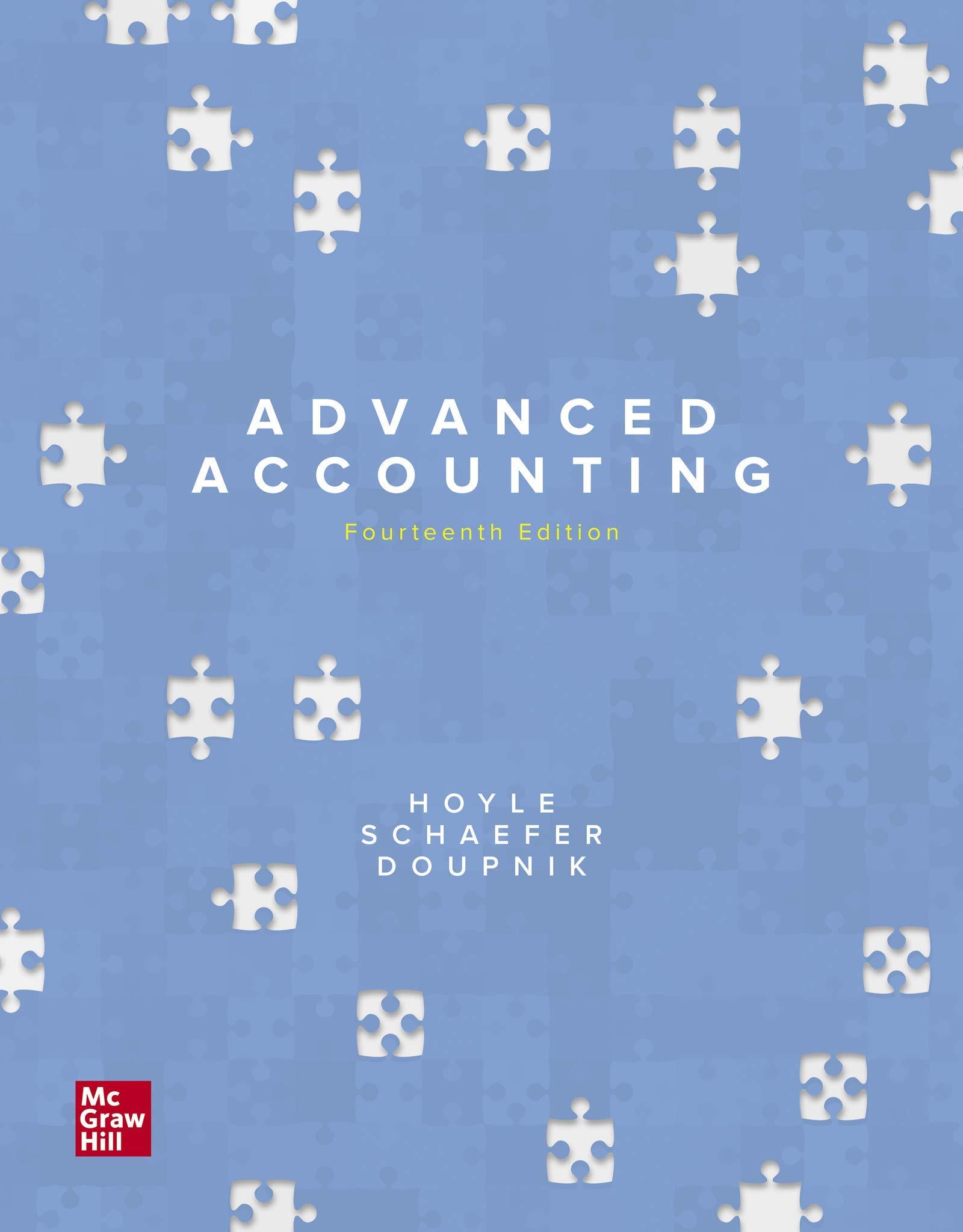Answered step by step
Verified Expert Solution
Question
1 Approved Answer
1 6 . In a type C reorganization the transferor corporation will recognize gain on the transaction if it: A . _ _ Receives boot
In a type C reorganization the transferor corporation will recognize gain on the transaction if it:
A Receives boot and distributes boot
B Receives boot and pays off a creditor
C Receives boot and does not distribute the boot as part of the exchange liquidation
DDeclares the boot to be a dividend payable to its shareholders
In a type C reorganization distribution of a retained asset with a built in gain will cause:
AOnly the transferor corporation to recognize gain
B Only the transferor corporation's shareholder to recognize gain
C Both the transferor corporation and its shareholders to recognize gain
D Neither the transferor corporation nor its shareholders to recognize gain
In a type C reorganization distribution of a retained asset with a built in loss will cause
A Only the transferor corporation to recognize loss
B Only the transferor corporation's shareholder to recognize loss
C Both the transferor corporation and its shareholder to recognize loss
D The transferor corporation's shareholder to recognize gain
In a transaction qualifying as a type C reorganization
A The acquiring corporation's assuming debt of the transferor will always constitute "boot" to the transferor
B The acquiring corporation's assuming debt of the transeror will never constitute "boot" to the transferor
CThe acquiring corporation's assuming debt of the transferor will sometimes constitute "boot" to the transferor
D None of the aboe
In a type C reorganization, if the acquiring corporation exchanges property other than stock or debt for the transferor's assets:
A The transferee corporation may recognize gain only
B The transferee coporation may recognize loss only
C The transferee corporation may recognize either gain or loss
D The transferee corporation recognizes neither gain or loss
In a transaction qualifying as a type C reorganization, the acquiring corporation receives the transferor's property:
A At the transferee's carryover basis
B At the transferor's carryover basis
C At the transferors cost basis plus any gain recognized by the transferee
D At the transferor's cost basis plus the transferor's recognized gain
If the acquisition fails as a type C reorganization, the acquiring corporation receives the transferor's property:
AAt the transferee's carryover basis
B At the transferor's carryover basis
C At the transferee's cost basis
D At the transderor's cost basis
In a transaction qualifying as a type B reorganization, the acquiring corporation receives the transferor's stock:
A At the transferee's carryover basis
BAt the transferor's carryover basis
CAt the transferee's cost basis plus any gain recognized by the transferee
DAt the transferor's cost basis plus the transferor's recognized gain
In a transaction qualifying as a nonrecognition reorganization, the acquiring corporation will inherit the transferor's:
A Earnings and profits
B Net operating loss carryover
C Capital loss carryover
D All the above
In a type C reorganization, the transferor corporation shareholder's receipt of "money" as part of the exchange liquidation:
A Will cause the exchange to be taxable to the transferor corporation
B Will cause the exchange to be taxable to the transferee corporation
C Will cause the shareholder to recognize gain
D All the above
The transferor corporation shareholder's basis in the stock and property received in a type C reorganization:
A Is the shs carryover basis for the stock and fair market value of the property
B Is the shs fair market value of the stock and fair market value of the property
C Is the shs carryover basis for the stock and carryover basis of the property
D None of the above
If a type A reorganization is kept open to allow for payment if additional voting stock upon the happening of a contingency;
A The delay in closing the transaction will affect the tax free character of the transaction
B The delay in closing the transaction will not affect the tax free character of the transaction
C The entire transaction will be taxable
D The additional voting stock will constitute taxable "boot" to the target corporation
Step by Step Solution
There are 3 Steps involved in it
Step: 1

Get Instant Access to Expert-Tailored Solutions
See step-by-step solutions with expert insights and AI powered tools for academic success
Step: 2

Step: 3

Ace Your Homework with AI
Get the answers you need in no time with our AI-driven, step-by-step assistance
Get Started


